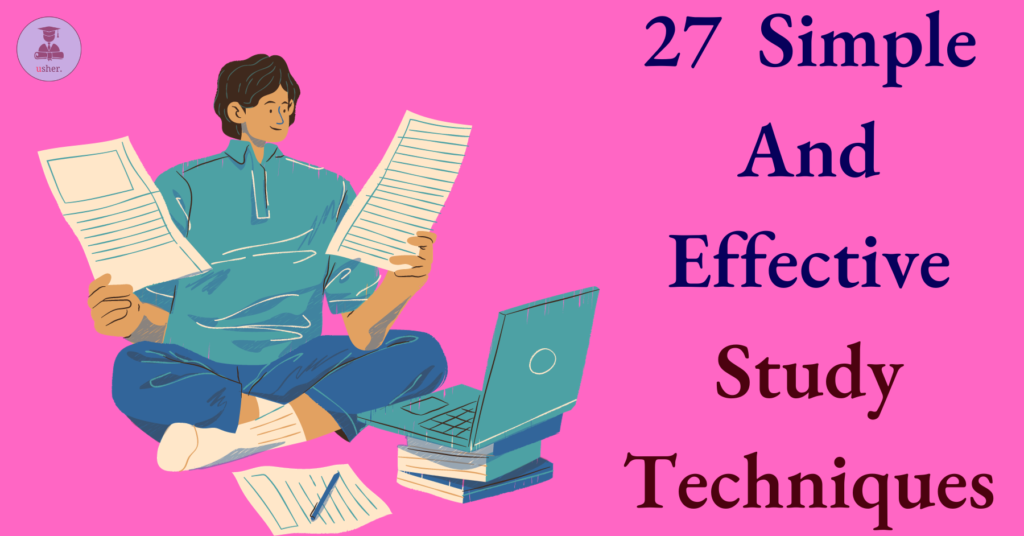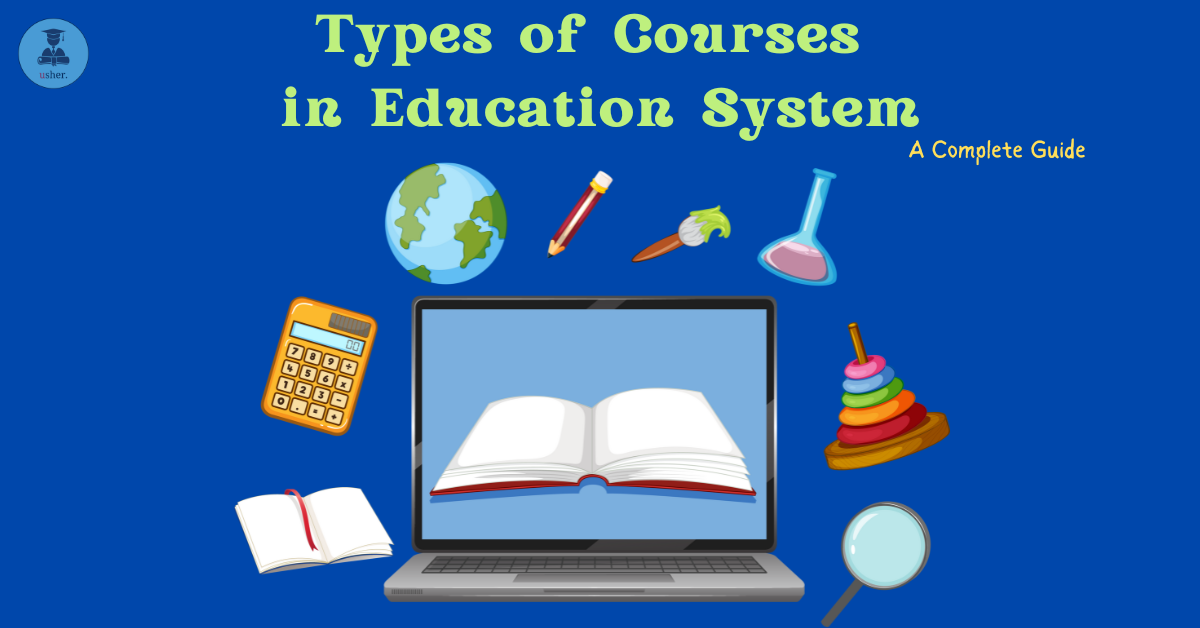How to focus on studies without getting distracted?
How to study effectively?
How to concentrate on studies?
How to focus on studies?
How to study smart?
If you have ever had these concerns, you undoubtedly realize that your current study methods are insufficient and that you need to adjust them for better results.
How to study effectively is one of the major challenges that students of all grades confront.
Yes, it can be frustrating at times when you feel like you are putting in a lot of effort but not seeing the desired outcomes. This can thereby lead to stress, anxiety, low confidence, a lack of motivation, and ultimately, poor academic performance. It is crucial to understand that studying smart is not about the amount of time you spend studying, but rather the quality of your study sessions.
However, by implementing certain techniques and strategies, you can improve your study habits and achieve better results.
Techniques to study effectively
Mind Mapping:
Create visual representations of ideas and concepts using mind maps. This helps organize information, making it easier to understand and recall.
Summarization:
Write summaries of complex concepts or chapters in your own words. This forces you to squeeze out the information and understand it well enough to simplify and condense it.
Practice Problems and Quizzes:
Actively engage with the material by solving problems, taking practice quizzes, or working through sample questions. This reinforces understanding and helps identify areas that need further review.
Teach Someone Else:
Explain the topic to a friend, family member, or even an imaginary audience. Teaching others reinforces your understanding and helps identify areas where you might need to revisit the material.
Active Reading:
Use techniques like highlighting, underlining, or annotating your textbooks and readings to actively engage with the material. Write notes and ask questions in the margins to aid comprehension.
Group Study:
Study with peers a.k.a group study to discuss concepts, compare notes, and explain ideas to each other. Group discussions can provide new perspectives and insights.
Time Management and Scheduling:
Develop a study schedule to allocate specific time blocks for different subjects or topics. Stick to the schedule to ensure regular and organized study sessions.
Audio Notes or Recordings:
Record yourself summarizing key points or concepts, and listen to these recordings during commutes or downtime to reinforce the information.
Utilize Mnemonics:
Create mnemonics, acronyms, or visual aids to help remember complex information or sequences of items.
Self-Quizzing:
Periodically test yourself on the material you’ve studied without referring to your notes. This helps reinforce memory and identify areas for review.
Simulate Exam Conditions:
Practice studying in an environment similar to the exam conditions, including time limits and distractions. This prepares you for the actual test setting.
Reflect and Review:
Set aside time to review what you’ve learned periodically. Reflect on the material and connect it to prior knowledge, reinforcing your understanding.
Utilize Learning Apps:
Explore educational apps that align with your subjects and learning objectives. Many apps offer interactive lessons, quizzes, and games to make learning enjoyable and effective.
Pomodoro Technique:
According to this technique divide your study time into focused intervals (e.g., 25 minutes) followed by short breaks. Repeat this cycle to maintain concentration and productivity.
Regular Exercise and sleep:
Incorporate physical activity into your routine. Exercise can improve memory, concentration, and overall cognitive function. Prioritize sufficient, quality sleep to support memory consolidation and optimal brain function. Create a consistent sleep schedule and avoid electronic devices before bedtime.
Visual Aids and Diagrams:
Create flowcharts, diagrams, or infographics to visually represent concepts, processes, or relationships. Visual aids can simplify complex information.
Repetition and Review:
Review your study material regularly, spacing out your review sessions over time. This reinforces memory and helps with long-term retention.
Multi-Sensory Learning:
Engage multiple senses during your study sessions—combine reading, writing, speaking, and listening to reinforce learning through different channels.
Self-Reflection and Metacognition:
Reflect on your learning process, understanding, and strategies. Consider what worked well and what could be improved to enhance future study sessions.
Journaling:
Maintain a study journal to jot down important concepts, thoughts, and questions. Writing helps reinforce your understanding and facilitates review.
Mock Exams:
Practice with past exam papers or create your own practice exams to simulate the testing environment and familiarize yourself with the types of questions you may encounter.
Reward System:
Set achievable goals and reward yourself for reaching milestones. Rewards can motivate you to stay focused and disciplined in your studies.
Handwritten Notes:
Take notes by hand during lectures or while studying. The act of writing by hand reinforces memory and comprehension.
Utilize Online Study Communities:
Join online forums or communities related to your subject to discuss concepts, ask questions, and learn from others. Peer interaction can offer new insights and perspectives.
Socratic Questioning:
Socratic questioning is an educational system named after socrates that focuses on finding answers by asking students questions. Analyse and evaluate your grasp of a topic using the Socratic method. In order to have a better understanding, ask probing questions.
Experimentation and Application:
Apply what you’ve learned by conducting experiments (where applicable), solving real-world problems, or creating projects related to the subject matter.
Nature Walks or Outdoor Learning:
Take breaks in natural surroundings to refresh your mind. Exposure to nature can improve focus and reduce stress.
Remember, there is no one-size-fits all approach to these given techniques. Find out what technique suits you best by experimenting with different methods and evaluating your own learning style. Additionally, seeking guidance from teachers or academic advisors can provide valuable insights and personalized recommendations to help you optimize your study routine.
Not giving up, continuous practice, and being resilient are key factors that determine success in any endeavour. It is important to stay motivated and persevere through challenges, as this will ultimately lead to growth and improvement.
All the Best!




